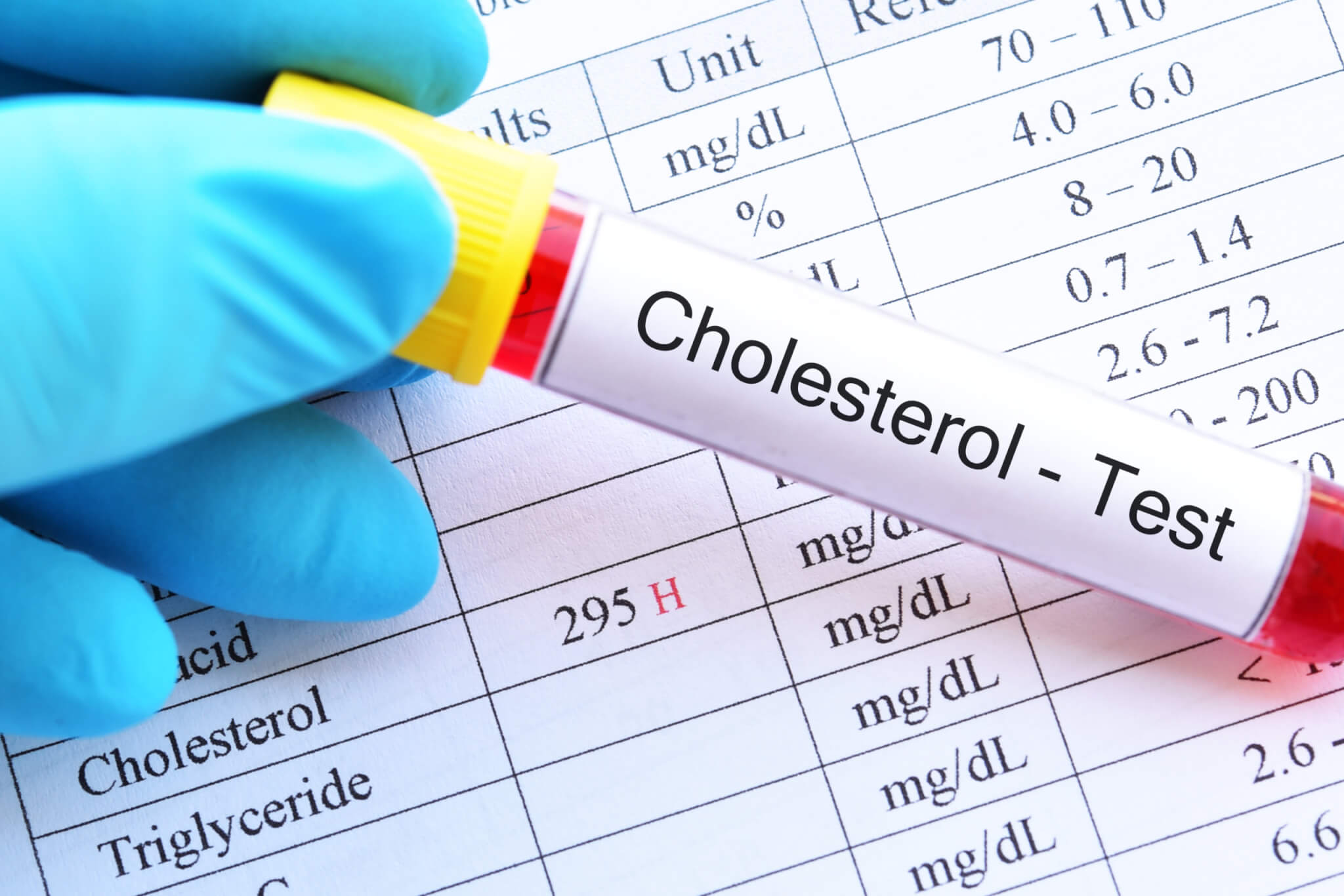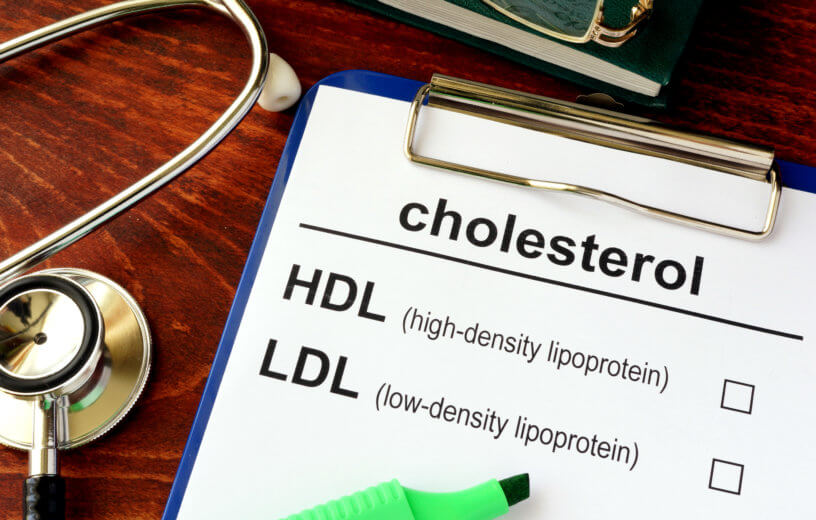MELBOURNE — Researchers have discovered a surprising link between high levels of high-density lipoprotein cholesterol (HDL-C) and an increased risk of dementia in older individuals. This finding challenges the long-held belief that high HDL-C, often labeled as “good cholesterol,” is solely beneficial for cardiovascular health.
HDL-C is one part of the cholesterol profile in our bodies. Unlike its counterpart, low-density lipoprotein (LDL), which is often deemed harmful, HDL-C is generally associated with a reduced risk of heart disease. It works by transporting cholesterol from other parts of your body back to your liver, which removes it from your body.
The study involved participants from the Aspirin in Reducing Events in the Elderly (ASPREE) trial, focusing on older individuals without previous cardiovascular diseases or severe chronic conditions. These participants, from both Australia and the U.S., were initially cognitively healthy. They underwent regular health check-ups, including measurements of HDL-C levels and assessments for dementia.
Key takeaways:
- Study Focus: Examined the link between high-density lipoprotein cholesterol (HDL-C) levels and dementia risk in older adults.
- Background: HDL-C, known as “good cholesterol,” traditionally associated with lower cardiovascular disease risk.
- The Results: A significant association was found between very high HDL-C levels and an increased risk of dementia, especially in those aged 75 and older.
- Challenging Previous Beliefs: This study challenges the traditional view that higher HDL-C levels are universally beneficial.
- Public Health Implications: Suggests a need for re-evaluating HDL-C level guidelines, especially for older adults.
Results that participants with very high levels of good cholesterol (over 80 mg/dL) had a 27% higher risk of developing dementia compared to those with moderate HDL-C levels. This association was particularly pronounced in individuals aged 75 and above. Notably, the study found that the risk of dementia increased almost linearly with rising HDL-C levels.
These findings contradict the conventional view that higher HDL-C levels are always advantageous. While good cholesterol is beneficial in moderate amounts, at very high levels, it seems to have a detrimental effect, especially concerning cognitive health.

Why is HDL cholesterol linked to dementia?
The reasons behind this association are still unclear. It’s speculated that at very high levels, HDL-C might change structurally, affecting its function and potentially leading to health issues, including dementia. However, more research is needed to understand the underlying mechanisms.
“While we know HDL cholesterol is important for cardiovascular health, this study suggests that we need further research to understand the role of very high HDL cholesterol in the context of brain health,” says first author and Monash University School of Public Health and Preventive Medicine senior research fellow Dr. Monira Hussain, in a statement. “It may be beneficial to consider very high HDL cholesterol levels in prediction algorithms for dementia risk.”
These findings, published in The Lancet Regional Health – Western Pacific, are crucial as they suggest that maintaining HDL-C levels within a certain range might be more beneficial, especially for older adults. They also highlight the need for more nuanced guidelines regarding cholesterol management.
Key sources of ‘good cholesterol’
Fatty fish: Fatty fish, such as salmon, mackerel, sardines, herring, and tuna, are rich in omega-3 fatty acids, which have been shown to raise HDL levels. Omega-3 fatty acids also help to lower LDL cholesterol and triglycerides, both of which are considered “bad” cholesterol.
Olive oil: Olive oil is a good source of monounsaturated fats, which can help to raise HDL levels. Monounsaturated fats can also help to lower LDL cholesterol and triglycerides.
Nuts and seeds: Nuts and seeds, such as almonds, walnuts, pistachios, chia seeds, and flaxseeds, are good sources of fiber and healthy fats, both of which can help to raise HDL levels.
Avocados: Avocados are a good source of monounsaturated fats and fiber, both of which can help to raise HDL levels.
Whole grains: Whole grains, such as oats, brown rice, and quinoa, are a good source of fiber, which can help to lower LDL cholesterol. Whole grains can also help to raise HDL levels.
Legumes: Legumes, such as beans, lentils, and peas, are a good source of fiber and protein, both of which can help to lower LDL cholesterol. Legumes can also help to raise HDL levels.
In addition to eating a healthy diet, there are other lifestyle changes that can help to raise HDL levels, such as regular exercise, quitting smoking, and maintaining a healthy weight.
